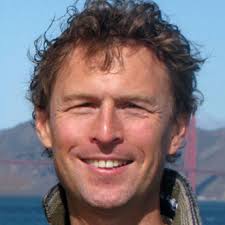
|
|
|
Invited speakers
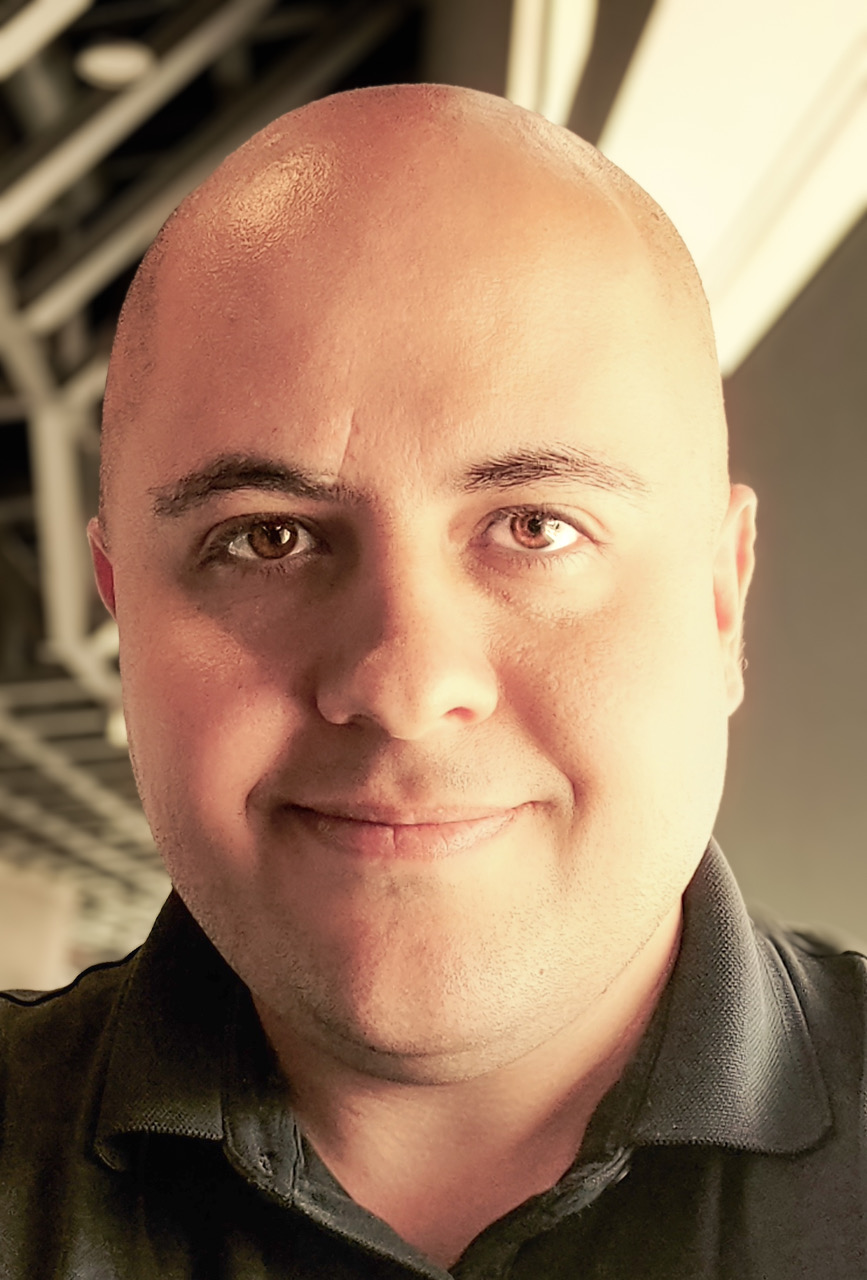 Mohsen Bagheri (Max Planck Institute for Dynamics and Self-Organization, Germany)Dr. Mohsen Bagheri leads a research group at the Max Planck Institute for Dynamics and Self-Organization. His work focuses on particle behaviour in fluids, from atmospheric particles like cloud droplets, ice crystals and volcanic ash to human respiratory particles. Using numerical simulations, experiments, and field studies, his team explores how particles interact with turbulent fluids and each other. His group also study exhaled respiratory particles across a wide size range and assess the effectiveness of interventions like ventilation and face masks in reducing airborne disease transmission. 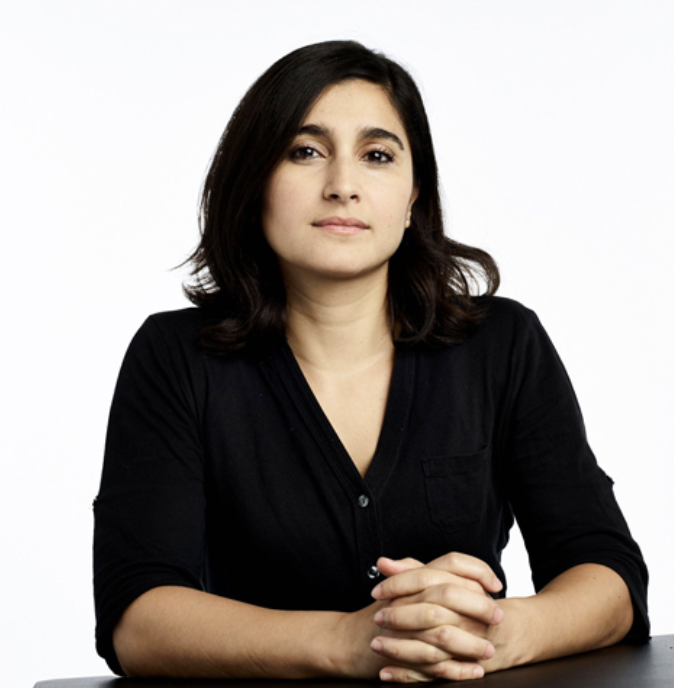 Lydia Bourouiba (MIT, USA)Lydia Bourouiba directs The Fluid Dynamics of Disease Transmission Laboratory, part of the Fluids and Health Network, at the Massachusetts Institute of Technology. Her research interests span a broad range of fundamental to applied curiosity-driven questions in fluid physics, biophysics and mathematical modeling and often involving fluid physics across scales from turbulence, interfacial, complex, and biofluid flows, to porous media. Her recent work focused on multi-scale dynamics of unsteady fluid fragmentation, droplets and bubbles, and complex and multiphase flows with particular focus on deciphering the interplay between the physics and biology that drive mixing, transport, persistence and adaptation of a range of organisms relevant to addressing environmental, energy, contamination, and health challenges. 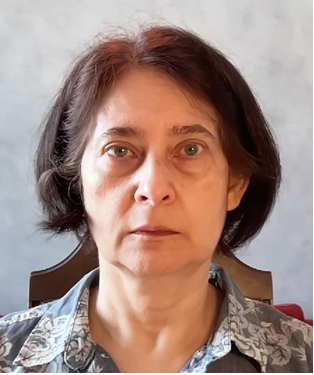 Lisa Chakrabarti (Pasteur Institute, France)Lisa Chakrabarti is Director of Research (Associate Professor) at the Pasteur Institute in Paris. Her group focuses on the means of controlling chronic viral infections. A key objective is to reconstruct human tissues in organ-on-chips, to directly evaluate the capacity of antiviral immune cells to reach and target infected cells within tissues. 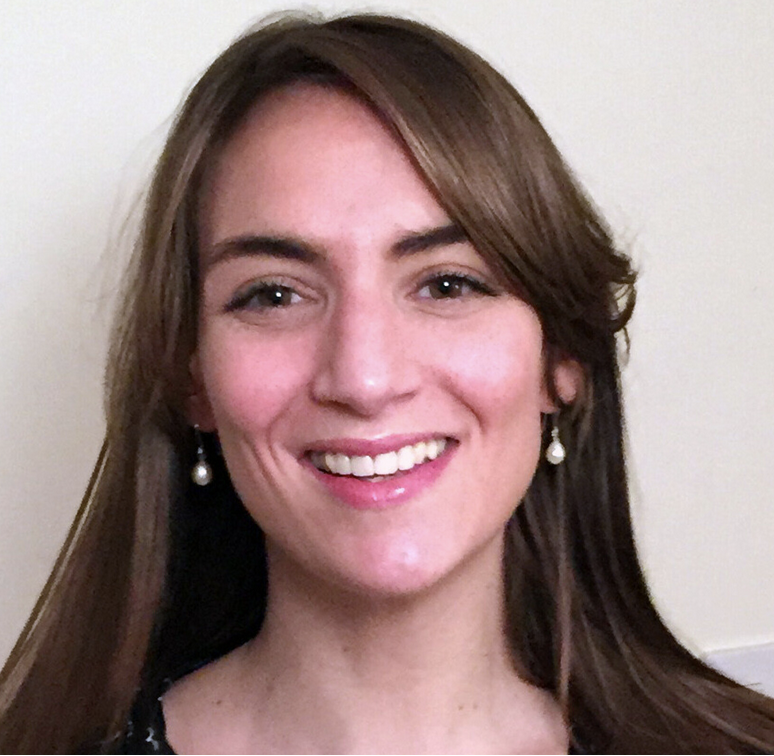 Rachel Edgar (Imperial College London, UK)Rachel Edgar studied Natural Sciences and completed her PhD in herpesvirus biology at the University of Cambridge in 2012. She then gained experience in circadian biology and neuroscience working as a post-doctoral research associate at the University of Cambridge Institute of Metabolic Science, and then as an Investigator Scientist at the MRC Laboratory of Molecular Biology. She joined Imperial College in December 2017. Her lab investigates how cells and viruses interact, to better understand infection susceptibility, virus replication and transmission, focusing on host osmotic and protein homeostasis, biomolecular condensates, circadian rhythms, inflammation and antiviral immunity. 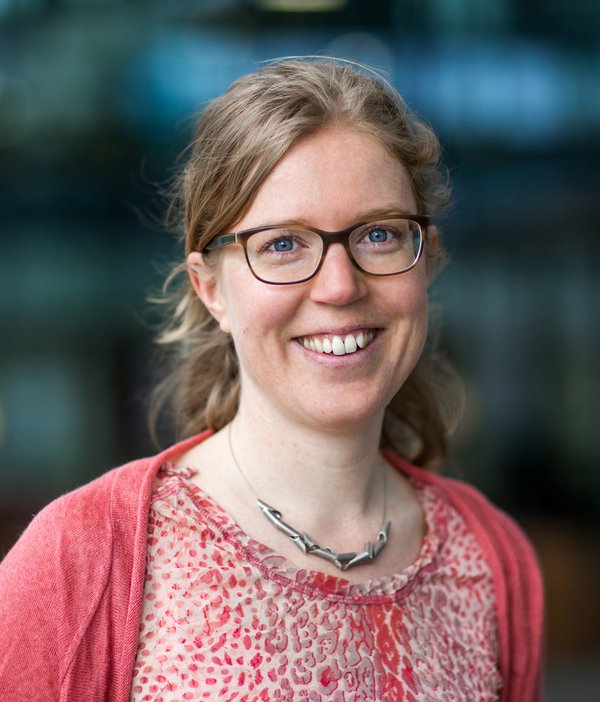 Hanneke Gelderblom (Eindhoven University of Technology, The Netherlands)Hanneke Gelderblom is an Assistant Professor in the Department of Applied Physics at Eindhoven University of Technology (TU/e). The main topics covered by her research include fluid dynamics, capillary flow phenomena, droplet dynamics, biofluids, evaporation-driven self-assembly, liquid fragmentation and laser-liquid interaction. Key examples are micropattern formation in evaporating droplets and the deformation and fragmentation of liquid droplets by laser-pulse impact. She studies different types of liquids, ranging from water to liquid metals to biofluids such as bacteria suspensions. In her work, Hanneke likes to combine theory with experiments and numerics, and fundamental fluid dynamics with applications in industry, biology and health. 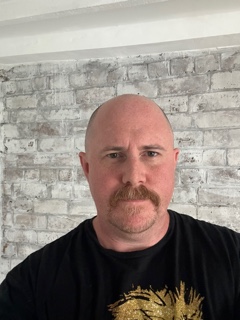 Allen Edward Haddrell (University of Bristol, UK)Allen Edward Haddrell (AEH) is a Research Fellow at the University of Bristol (UK). His research career in aerosol science has focused on aerosol toxicity and pharmacology, bioaerosol, atmospheric chemistry, proteomics, and instrumentation development. Research undertaken by AEH has ranged from the tropospheric processing of particulate air pollution, the complex interaction between aerosol composition/size and human health, to the behaviour of suspended microorganisms. Key to the success of these projects has been AEH’s research leadership and innovations in developing novel technologies to trap, manipulate and characterise single aerosol particles. 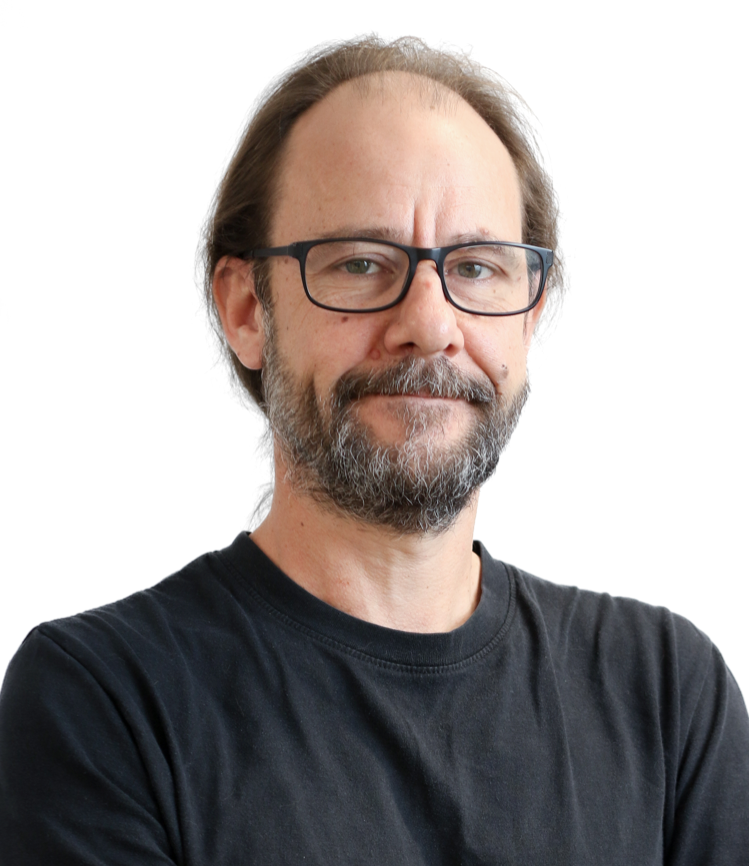 Sébastien Lyonnais (CEMIPAI - CNRS/Université Montpellier, France)Sébastien Lyonnais is a CNRS research engineer and manager of the biosafety level 3 Nanoscopy core facility of the CEMIPAI plateform (Montpellier). He is expert in nanocharacterization of infectious viruses and bacteria, mainly using atomic force microscopy. To understand the relationship between nanoscale structure and microbiological function, he is currently augmenting AFM information with advanced optical microscopy such as confocal microscopy and super resolution microscopy. 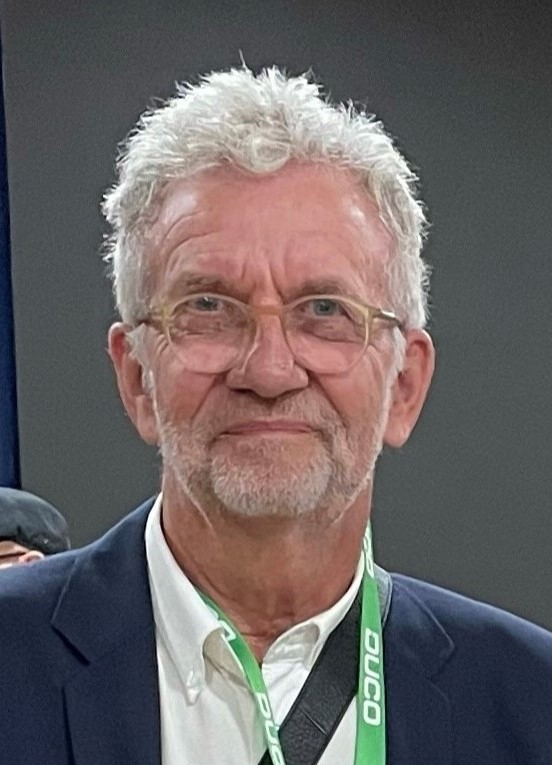 Peter V. Nielsen (Aalborg University, Denmark)Peter V. Nielsen works with Computational Fluid Dynamics (CFD) in ventilation, and with full-scale experiments in rooms. He especially does research on aerosols dynamics in the inner airways and in the microenvironment around people in connection with airborne cross infection. He developed the use of thermal manikins with breathing functions for this research in 1992. Together in a group of 36 international researchers, they convinced WHO, after one to two years research, that COVID-19 was airborne. He was one of the first who used CFD in the indoor environment, published as early as in 1973.  Wilson Poon (University of Edinburgh, UK)Wilson Poon is Professor of Natural Philosophy at Edinburgh University, where he has worked since 1990. His main research focus has been on colloidal suspensions, especially their phase behaviour and rheology, and on active matter, especially swimming bacteria. Like many soft matter academics, he got interested in how the discipline could contribute towards fighting COVID during the recent pandemic. Writing a review on this topic (Soft Matter, 2020, 16, 8310) led him to start research on relating the rheology alcoholic hand sanitisers to their ‘hand feel’, and on the influence of high molecular weight polymers on the evaporative dynamics of droplets. 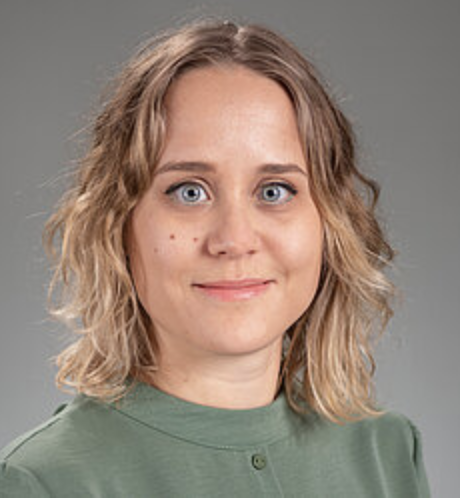 Julia Port (Helmholtz-Zentrum für Infektionsforschung, Germany)Julia Port began her scientific career with her doctorate at the Leibniz Institute for Virology and at the Bernhard Nocht Institute for Tropical Medicine. During her postdoc, she led experimental projects that addressed urgent public health needs during the SARS-CoV-2 pandemic: this led to the first description of immunopathology following aerosol infection, the first experimental demonstration of fine aerosol transmission, and evidence for an immunity-derived competitiveness in transmission. She also developed models to study the transmission of the Mpox virus across mucosal surfaces and the immune response and microbiome in bats in the context of viral infections. As of May 1st, 2024, Dr. Port accepted the leadership of the new group "Laboratory of Transmission Immunology" at the HZI. 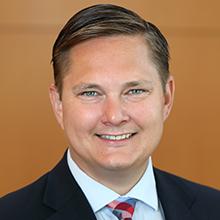 Blake M. Warner (NIH, USA)Blake M. Warner, D.D.S., Ph.D., M.P.H., is currently a Stadtman Investigator and Chief of the Salivary Disorders Unit and the Sjögren's disease Clinic. The integrated specialty clinic and associated laboratory focus on characterizing disorders affecting the salivary glands including autoimmune diseases and iatrogenic salivary damage by oncologic therapies. Specifically, they interrogate the clinical phenotype, genetics, and immunopathology of salivary dysfunction states including SS and immune checkpoint inhibitor-induced (ICI) sicca and to inform the clinical testing novel therapeutics to improve health outcomes. |
